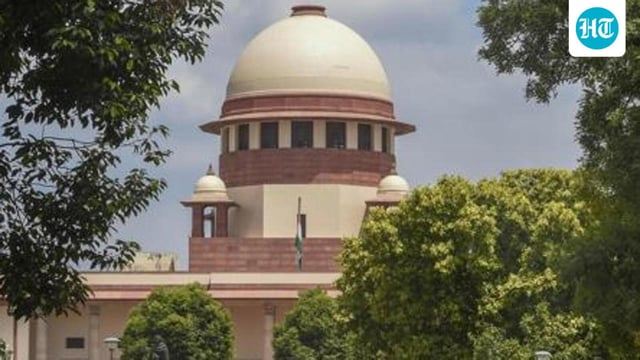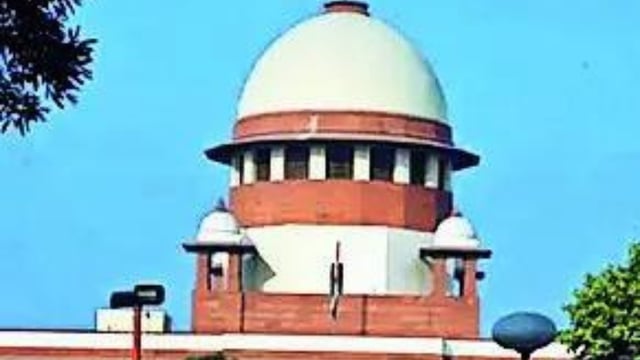Overview
- In a September 22 order, the Supreme Court asked all High Courts to constitute committees and issue administrative circulars to operationalize continuous, day-to-day criminal trials as mandated by law.
- The guidance requires witness examination to proceed without breaks, allows adjournments only for special reasons recorded in writing, and rejects delays based on lawyers’ convenience.
- Trial judges were empowered to cancel bail for deliberate delay, appoint amicus curiae if counsel obstructs proceedings, impose costs on accused, and pre-schedule witness dates with prosecutors ensuring service.
- Addressing the CBI’s plea in the Mir Usman rape case, the Court declined to cancel bail but directed the trial to focus on examining only important witnesses.
- Accepting the trial court’s explanation for the August adjournment due to the victim’s illness, heavy caseload, and festival closure, the Court advanced the victim’s next date to October 24 and ordered completion with judgment by December 31, 2025.

